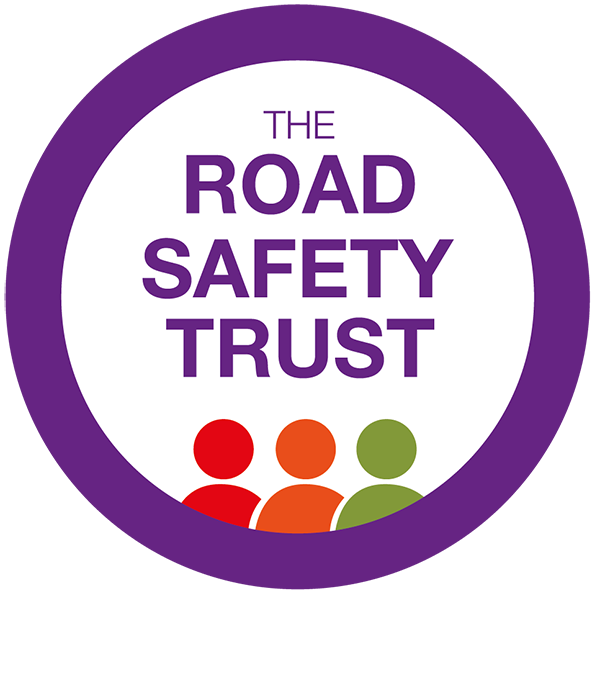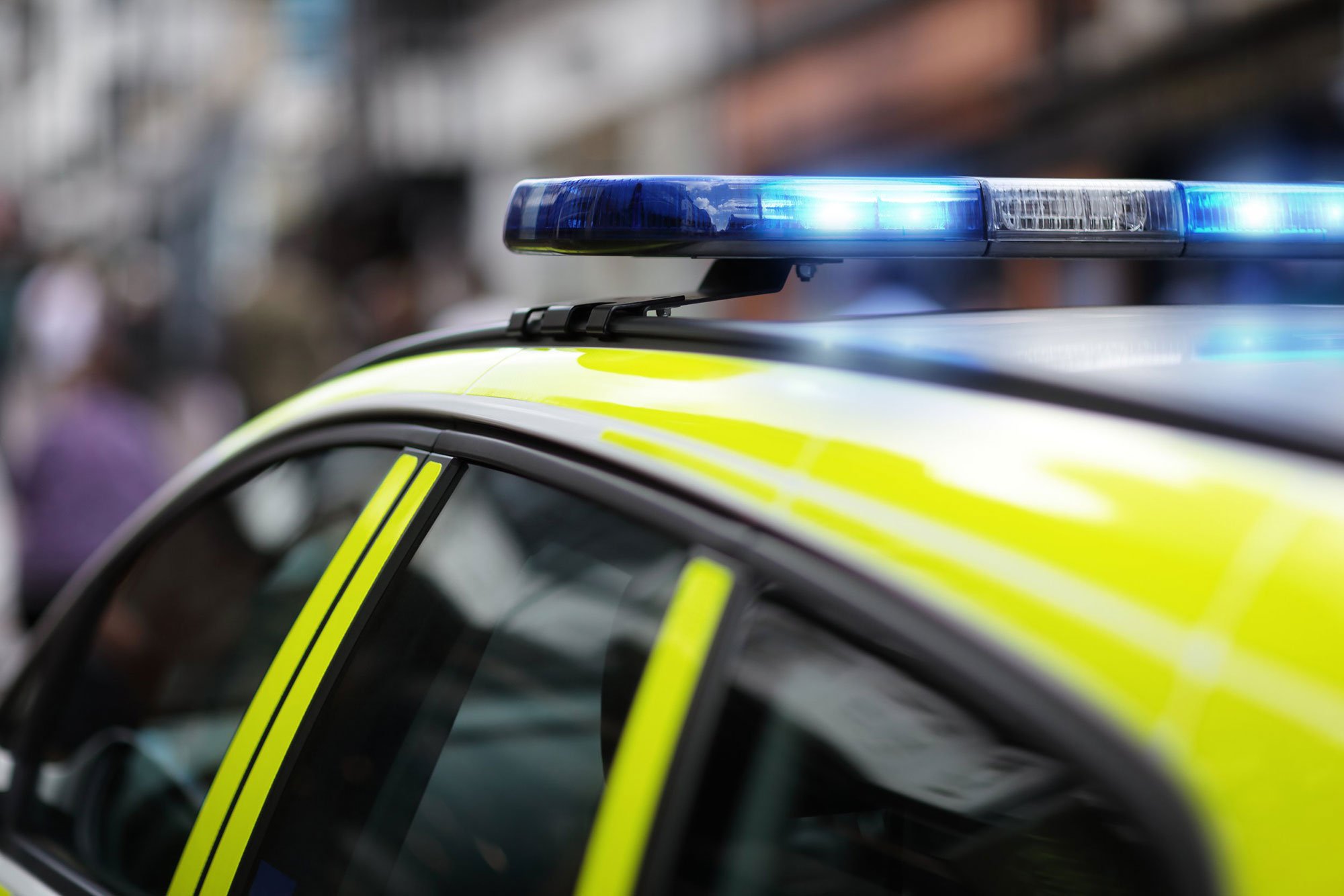Research outlines how digital evidence can be used more effectively to reduce offending and improve road safety
A new report is encouraging police forces to change the way they talk about evidence of poor behaviour on the roads submitted by the public, by adopting the more accurate term ‘journey cam’, rather than ‘dash cam’.
The report is the culmination of a research project, carried out by academics from Keele University working with Lincolnshire Police, with funding from The Road Safety Trust.
The report mapped the current ways of working amongst police forces who accept journey cam footage, and identified the experiences, barriers and opportunities for key stakeholders including those who make submissions.
Almost every UK police force now offers some kind of online reporting system to allow members of the public to submit footage of incidents on the road that they think are dangerous and require police action.
However, data supplied by police forces shows a significant percentage of submissions are not actually from dashcams, but from other recording technologies such as body-cams, helmet-cams and mobile phones used by a range of road users including cyclists, horse riders and pedestrians.
The report notes that while ‘dash cam’ is a well-known term, it might discourage some road users from submitting footage of incidents, by suggesting that the system is not for them.
The research set out to establish best practice among this emerging area of police business, which has evolved in a rather piecemeal way over recent years. Its recommendations aim to balance what is realistic and manageable for police, fair and legitimate in the eyes of road users, with the best possible road safety outcomes.
The research shows that people who submit footage value feedback about their submissions, including an acknowledgement of a receipt and information about the outcome.
Across police forces, the research also highlighted a lack of consistency in processing footage, outcome decisions, and in collecting data to show what is happening nationally.
Vulnerable road users (a term used to include cyclists, horse riders, mobility aid users and pedestrians) reported feeling as though they are treated differently to drivers by the police. The report suggested that this may be because many police decision makers are not familiar with what it is like to be anything other than a car driver.
A set of recommendations has been put forward in collaboration with the National Road Crime Reporting Working Group to improve practice.
The report recommends that national best practice standards should be agreed for all stages of the submission process and all forces should sign up to deliver in accordance with these standards.
It also recommends that all road users who submit footage should be treated equally and fairly, adding that care should be taken by the police to avoid viewing the driver as the ‘normal’ road user.
Dr Helen Wells, Keele University, said: “This is an area of police business that has grown over recent years in response to public demand for something to be done about behaviour that puts lives at risk on our roads.
“New technologies have allowed road users to capture evidence of their everyday experiences and most forces now use that evidence to take action that should make our roads safer for all.”
Dr Santiago Amietta, Keele University, said: “Our Recommendations are intended to bring some consistency to these processes as well as raise awareness of the needs of all types of road users.”
Ruth Purdie OBE, chief executive of The Road Safety Trust, said: “The last few years have seen significant growth in the popularity and propensity of systems to submit video footage of potential traffic offences.
“The detailed research can help inform best practice going forward, to create systems that work for both police forces and submitters, for the good of road safety.”
Detective chief superintendent Andy Cox, Metropolitan Police, said: “The police cannot be everywhere all of the time, but the public can be and therefore I am confident this crucial and brilliant work by Keele University has identified the many benefits and provided a pathway to further improve our approach in this area.
“My sincere thanks go to Keele University in undertaking the project and I remain hugely grateful to The Road Safety Trust for its funding which has made this possible.
“In time, I believe the results will help understanding in this vital area and, allow us to evolve and improve our approach, and as such, be an important component in eradicating road danger and making our roads safe.”
To find out more about the project, visit the project page on The Road Safety Trust website.

